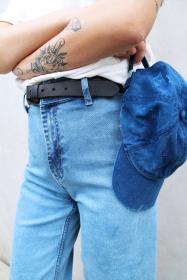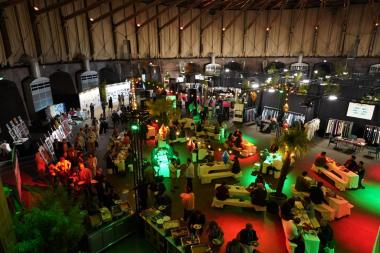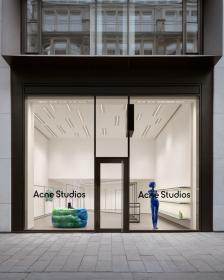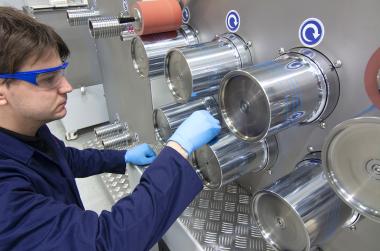Tonello at Kingpins with new technologies
Once again Tonello will be present their technologies and partnerships at Kingpins from October 18-19.
DyeMate, the ozone, THE Laser
DyeMate is Tonello's new "patent-pending" technology that reinterprets the traditional indigo garment dyeing process, by making it automatic and repeatable, efficient and sustainable: carried out in a nitrogen atmosphere, without oxygen, with controlled reduction and oxidation, to achieve results that are perfectly comparable, in terms of authenticity and "aesthetic flavor," to those of denim that fades and becomes vintage with the passage of time.
Tonello will present a collection of garments with super bleach effects. With OBleach, EGO and O-Zone triad redefined the garment bleaching process, including no harmful chemicals such as chlorine and permanganate, in favor of sustainable and healthy production.
The entire collection will be embellished and finished with aesthetic solutions and details: the natural overdyeing of Wake, the ultra-thin graphics made with THE Laser Lab, the reproducible breakages of THE Laser T and TM.
Collections, design, collaborations
The MSP - Most Sustainable Product - collection, developed together with Kingpins and Denim House, designed by Piero Turk and Serena Conti, and processed in Tonello's Research and Development Center with the latest responsible finishing technologies, returns this year.
Tonello will also present another project: ONE Denim. A collection that aims to combat resource waste in the denim industry by demonstrating concretely how many new denim garments could be made from a single fabric by optimizing processes and choosing appropriate technologies and production methods. The fabrics chosen are from Sharabati Denim, the design is by Piero Turk, and the collection is processed by Tonello.
SA-KE
This project was born out of a dialogue between Tonello's technology and the creativity of British designers Sadia Rafique and Kelly Harrington, who produced as many as 70 artworks that are partly physically present at Kingpins and partly published in a book-zine that tells the philosophy and logic of this unique and original work. A work that combines technology, expressive research and all new forms of image generation, across the boundary between natural and artificial, but still totally human.
Tonello































